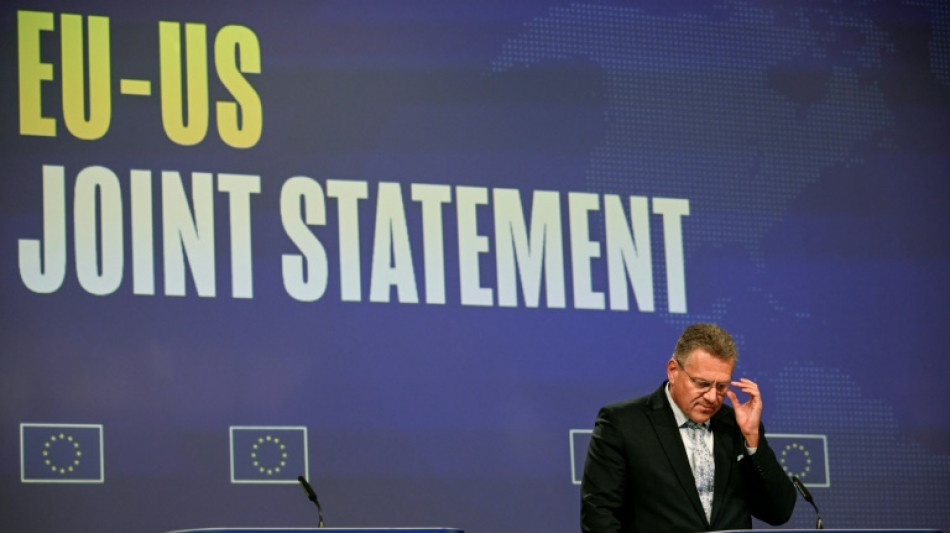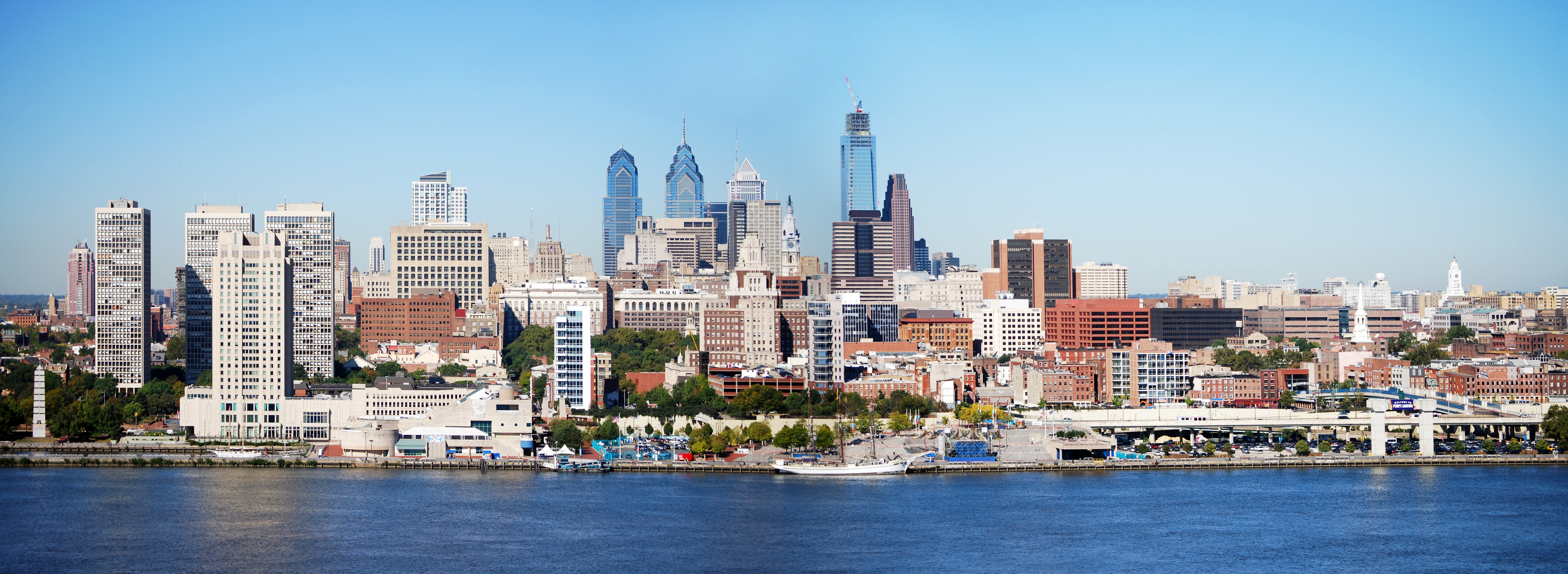

EU gets 15% US tariff for cars, fails to secure wine reprieve
Details of a US-EU trade deal published Thursday showed Brussels secured a tariff reduction for cars exported to the United States but failed to win a reprieve for its cherished wine sector.
US President Donald Trump and EU Commission President Ursula von der Leyen clinched a framework accord in July for most EU exports to face a 15-percent US levy.
But many aspects remained unclear, as the EU sought to win carve-outs for some sectors and Trump threatened higher tariffs on others.
A joint statement Thursday brought some clarity, although negotiations are not over as the EU said it would seek more tariff reductions.
The "maximum, all-inclusive" 15-percent rate would apply to the vast majority of European exports, including cars, pharmaceuticals, semiconductors and lumber, the EU said.
"This is the most favourable trade deal the US has extended to any partner," EU trade commissioner Maros Sefcovic told a press conference in Brussels, explaining the levy will not come on top of existing tariffs.
In recent weeks Trump had raised the possibility of additional tariffs hitting certain sectors such as pharmaceuticals, which account for 20 percent of the EU's exports to the United States, and semiconductors.
- Bison and wine -
Sefcovic said he was confident that the rate for cars, which is lower than the current 27.5 percent, will apply retroactively from August 1, having received assurances on the matter from his US counterpart.
But this will happen only once the EU introduces legislation to eliminate its own tariffs on US industrial products, something Sefcovic said the commission was "working very hard" on.
The 15-percent rate will also apply to wine and spirits despite a push by France, Italy and other wine-making countries to win a zero tariff exemption.
"Unfortunately, here we didn't succeed," Sefcovic said, adding negotiations would continue. "These doors are not closed forever".
The French wine exporters federation said it was "hugely disappointed".
"We are certain that this will create major difficulties for the wines and spirits sector," said the head of the wine and spirits federation FEVS Gabriel Picard.
Christophe Chateau, a spokesman for a group representing Bordeaux wine producers, described this as "bad news" -- but better than the worst case scenario, with Trump that had at one point threatened tariffs as high as 200 percent.
"It further hinders the trade and export of Bordeaux wines to the United States," which is by far their largest market, Chateau told AFP.
French trade minister Laurent Saint-Martin said his government would seek "additional exemptions" in the trade deal.
Under the agreement, the EU committed to significantly improving market access to a range of US seafood and agricultural goods, including tree nuts, dairy products, fruits, vegetables, pork and bison meat.
On the other hand, a special more favourable regime will apply as of September 1 to a number of EU exports to the US including "unavailable natural resources" such as cork, all aircraft and aircraft parts and generic pharmaceuticals.
These would effectively face a "zero or close to zero" rate, the commission said.
"This is not the end of the process, we continue to engage with the US to agree more tariff reductions, to identify more areas of cooperation, and to create more economic growth potential," said commission chief Ursula von der Leyen.
C.Turner--PI



